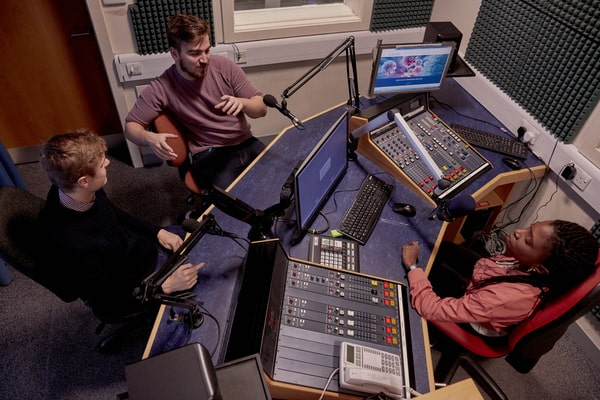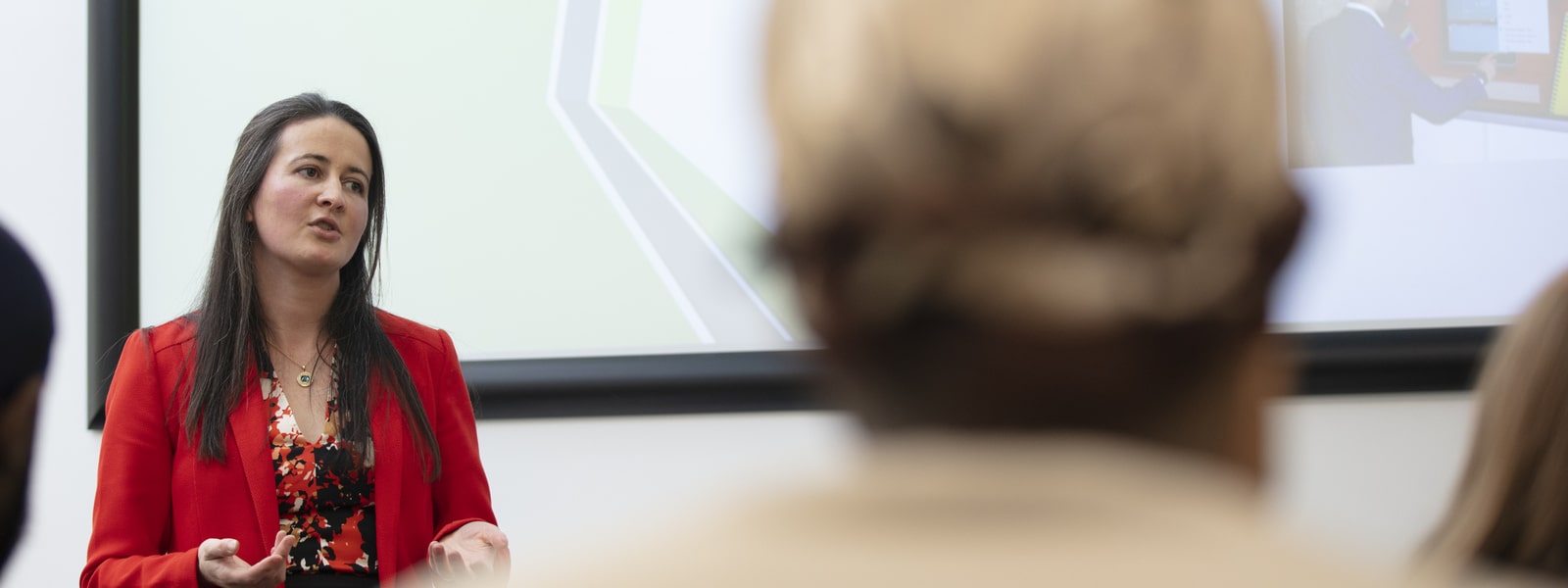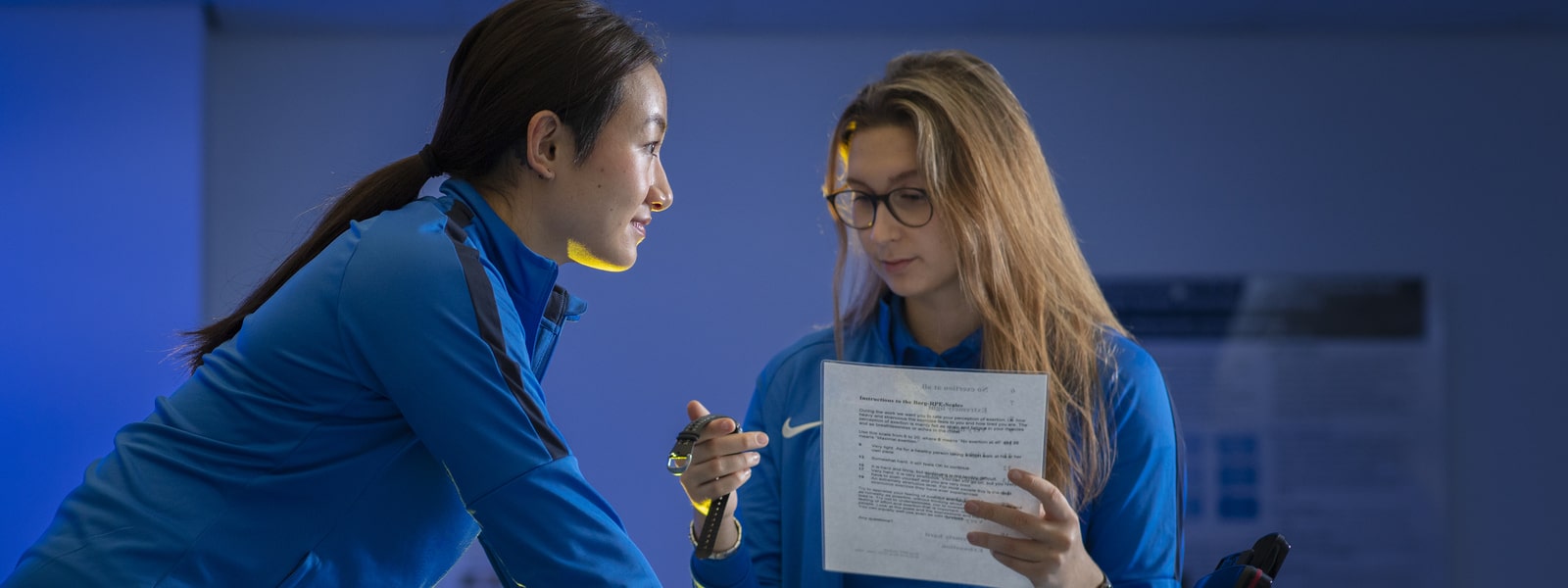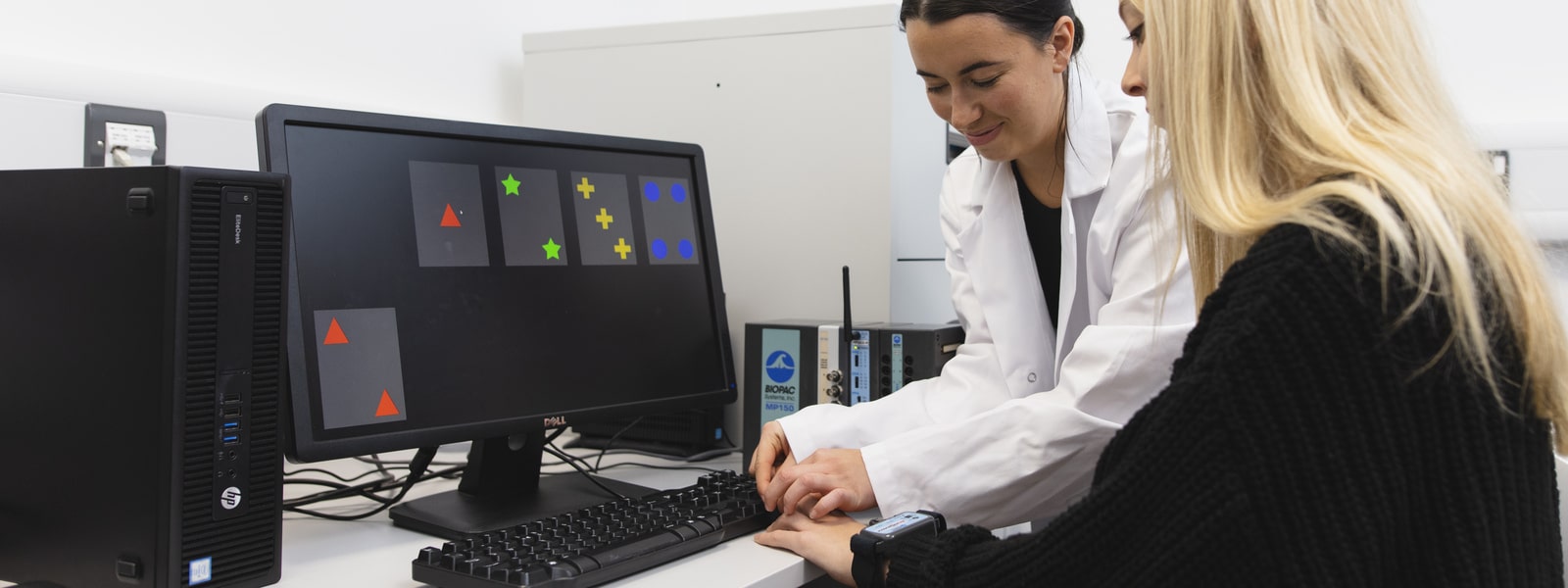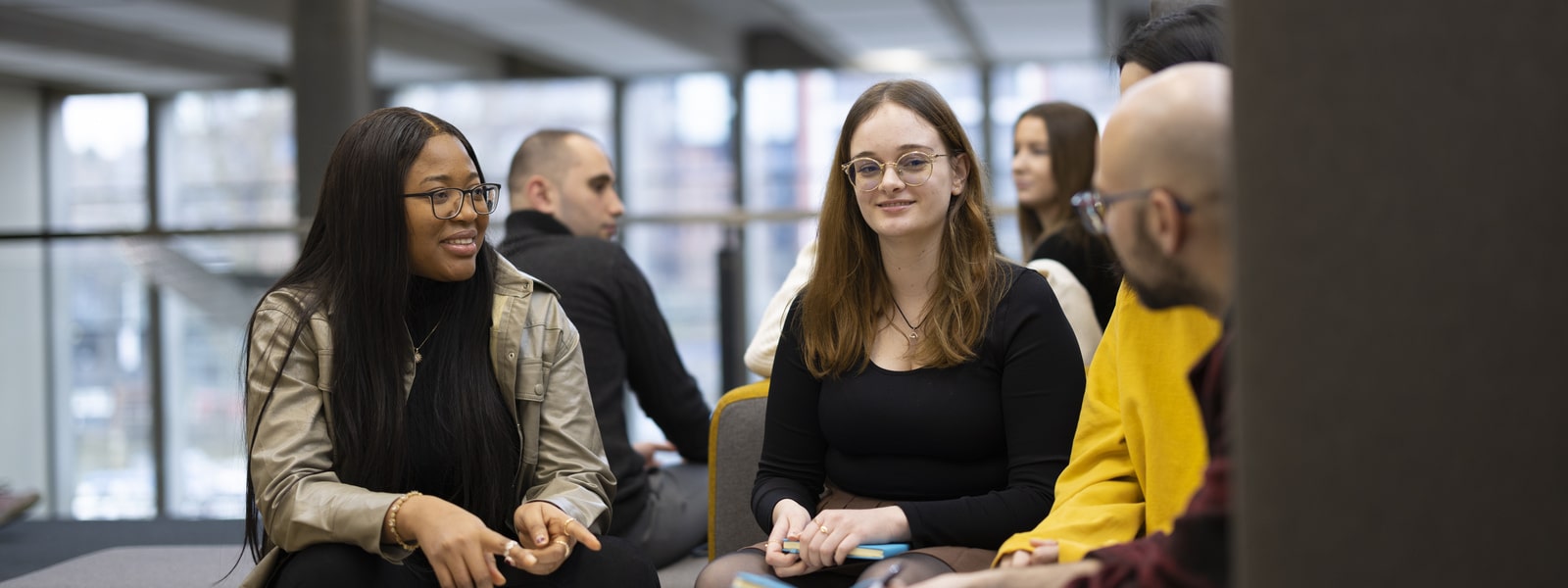Module Overview
This module aims to develop the basic skills studied in Journalism Skills at Level One. Students are expected to proactively gather news and feature stories employing the full range of research and interview techniques. Students will be encouraged to produce imaginative and original copy conforming to professional standards, with careful consideration of topic, angle, choice of interviewees, necessary attribution and corroboration of facts in a variety of writing styles suitable for a range of traditional, digital and mobile platforms.
Module Overview
From a digital first perspective, this module aims to develop the key skills of journalism through regular practice, including newsgathering, writing and interviewing, and live output production with text and audio and video output as required. Online skills will be used throughout, including social media use to drive consumers to the content. The journalism and features produced will be outward facing, using techniques of electronic newsgathering, digital and non-linear editing, production/journalism for online and print, and an appropriate range of live news broadcasting techniques.
Module Overview
This module gives the students the opportunity to specialise in a medium of their choice. In consultation with tutors, students will be able to produce radio or television bulletins, features and magazine programmes, a web site with multimedia content or print magazines and newspapers.
More advanced skills appropriate to each medium will be taught and workshops will be tutor led and supervised as required. Materials produced will be outward facing where appropriate.
Module Overview
This module aims to build on legal and administrative knowledge gleaned in Essential Law at Level One. It examines how criminal and civil legislation affecting print, online and broadcast journalists has developed; identifies areas of conflict and uncertainty; and requires students to apply knowledge of legislation and case law to given scenarios, including responses to actions in the civil courts.
Module Overview
This module is designed to equip students with the understanding of research design and methods for undertaking research. The module gives students the opportunity to develop their observational, analytical and writing skills. It has vocational relevance in enabling students to select a relevant research topic for in-depth analysis and evaluation in their final year.
Module Overview
Sport has impacted British society at every level for centuries, from the folk sport tradition in medieval Britain, through the Victorian health revolution and the mass spectator spectacle of the Olympic Games. This module will look at how sport has affected our lives and how it has been shaped by social attitudes including racism, sexism and gender equality.
Module Overview
The University has a strong commitment to providing academic programmes with high vocational relevance, which is maintained through working links with local, national and international organisations and, in particular, through student work placements.
The Placement Year aims to give students a continuous experience of full-time work within a journalism, media or communications organisation.
The Placement Year constitutes a work placement during an academic year, funded by full-time paid employment* taking place between Level 5 and Level 6. The minimum duration of placement is 39 weeks.
Module Overview
Students who opt to take this module will have the opportunity to study for a term at one of the international institutions with which the School has a partnership arrangement. During the term abroad, students can share classes with local students. Not only will students have the chance to live and socialise in another culture, providing opportunities to study their respective countries, they will also have an opportunity to examine the international journalism industry practice. Please see the fees tab for further information relating to the costs incurred when studying abroad.
Module Overview
Shorthand is a key skill for journalists and enables fast, accurate note taking in any situation. Students have the opportunity to be taught the theory of the Teeline system and then work on building their speed with the aim of achieving the NCTJ 'gold standard' 100 words per minute qualification.
-900x600.JPG)
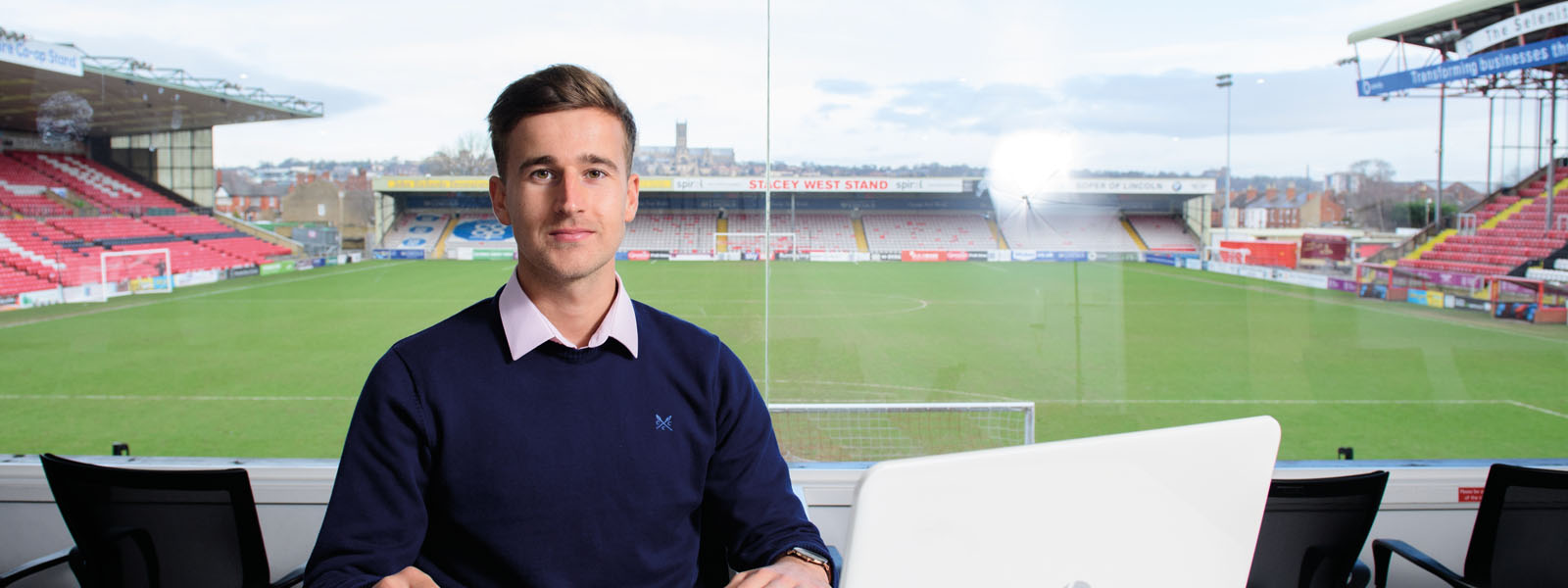
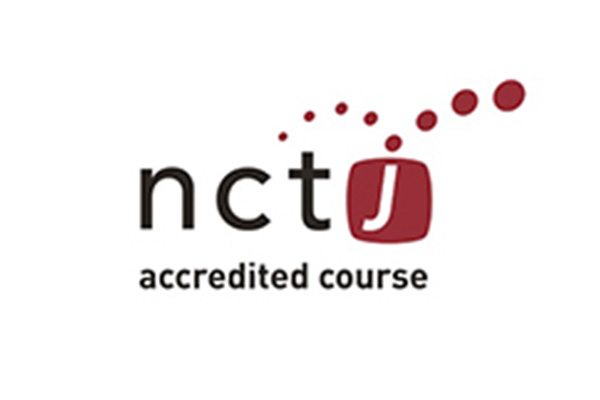

-1000x700.JPG)
